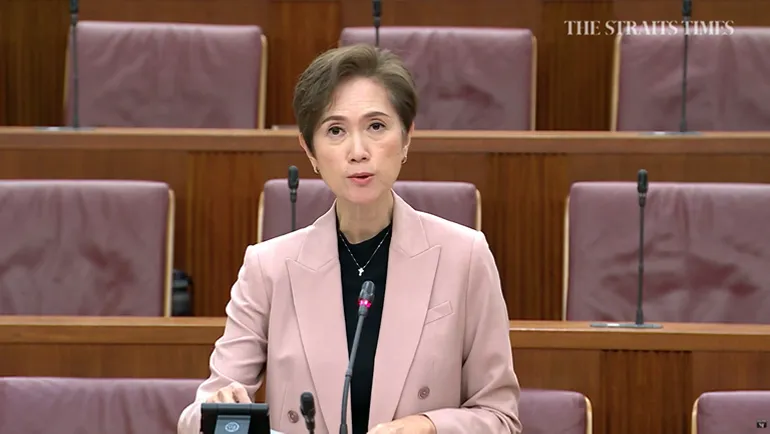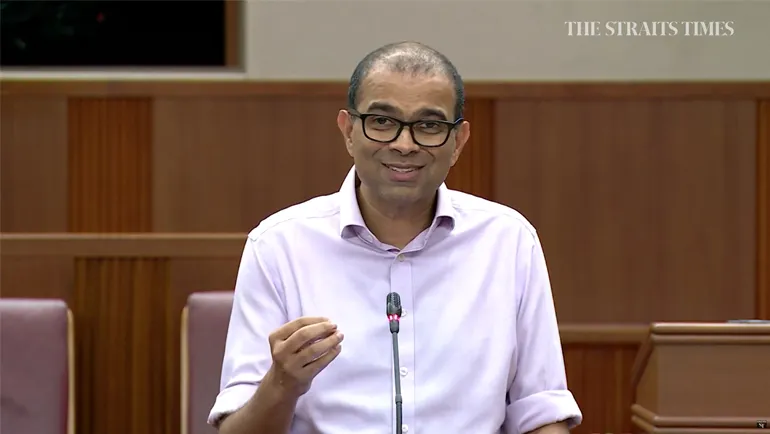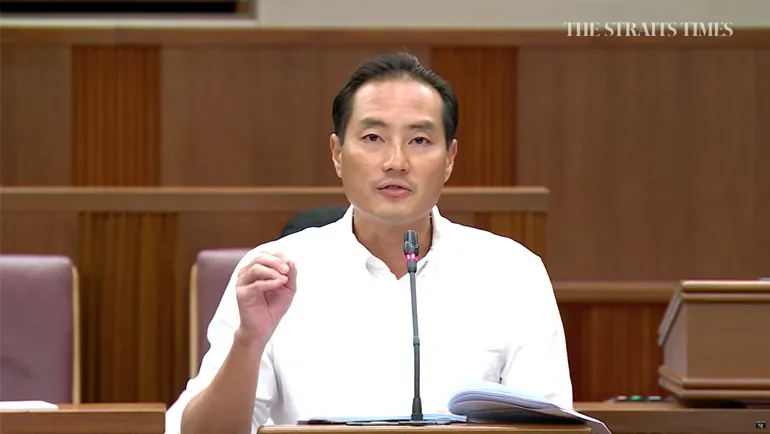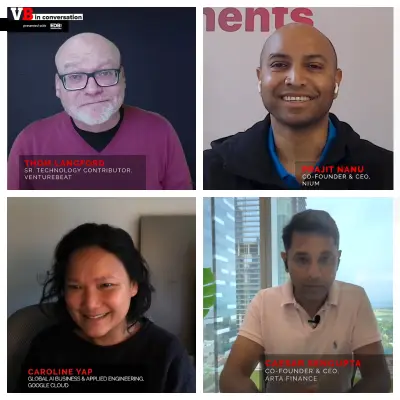Singapore has launched a slew of schemes to give its workforce an edge in the future of artificial intelligence (AI), including allocating up to S$500 million to secure advanced computer chips to provide the infrastructure needed to power AI innovation in the private and public sectors.
At least S$27 million will go into building expertise in AI, by offering 100 AI scholarships for Singaporean students and attracting global experts to collaborate with Singapore.
During the debate on her ministry’s budget on March 1, Communications and Information Minister Josephine Teo said these plans will go a long way towards building three AI communities here, comprising users, creators and practitioners, such as data scientists and machine learning engineers.
“Every city with some AI ambition wants these creators, practitioners and users – as many as they can get. The competition is extremely intense,” said Mrs Teo.
The ministry provided a breakdown of the S$1 billion committed to AI over the next five years, first announced by Deputy Prime Minister and Finance Minister Lawrence Wong during Budget 2024 on February 16.











